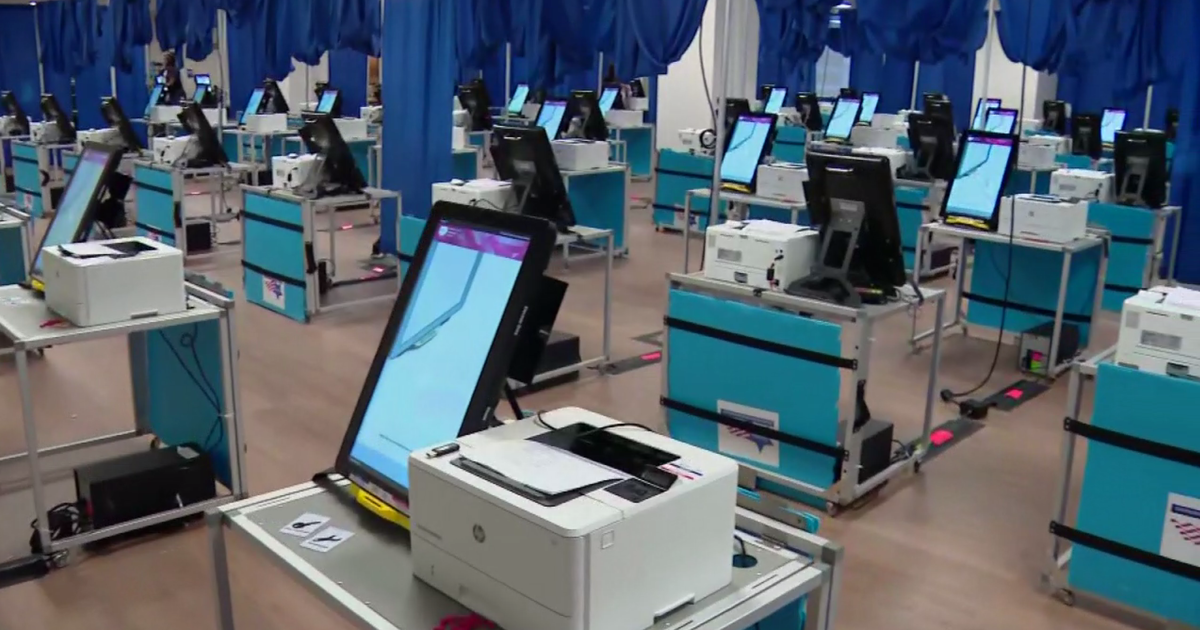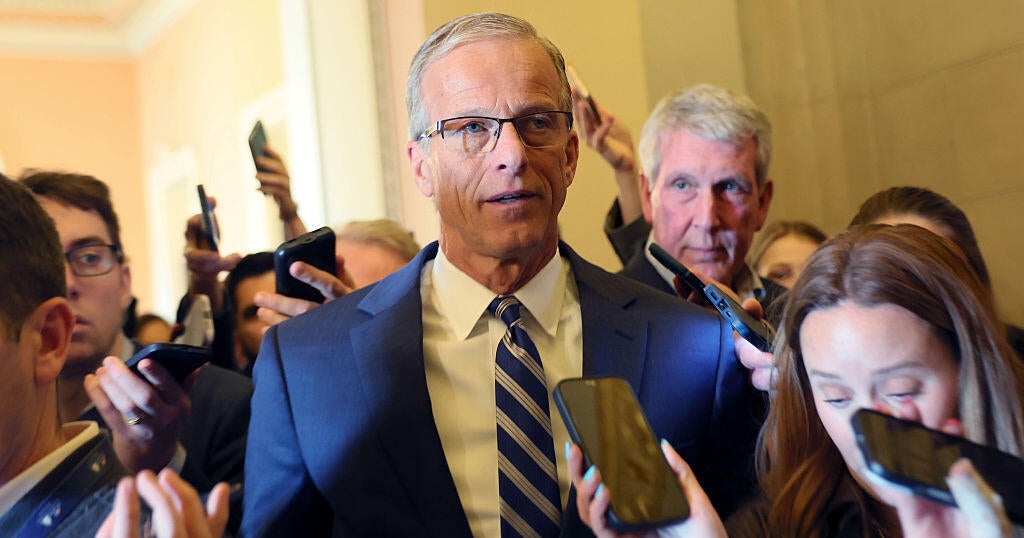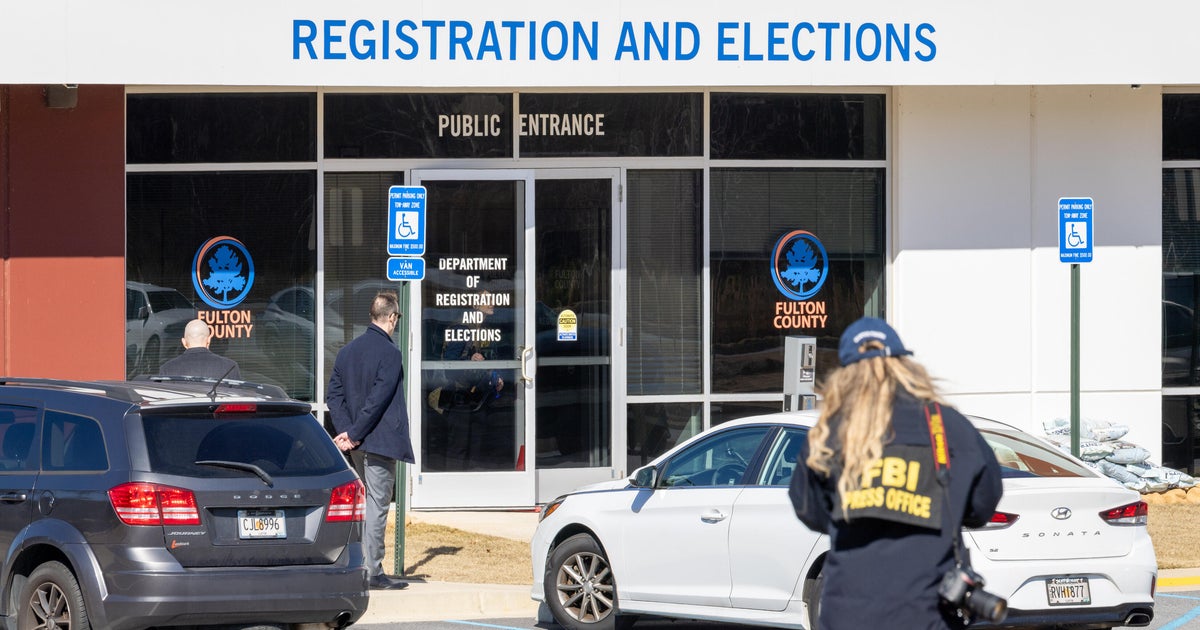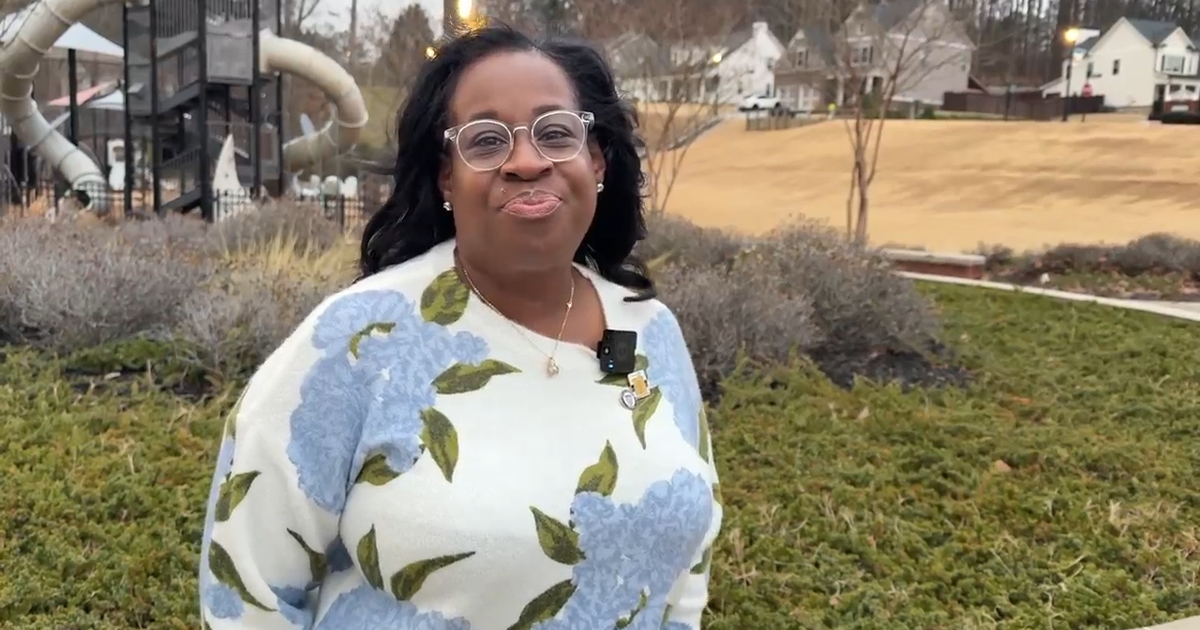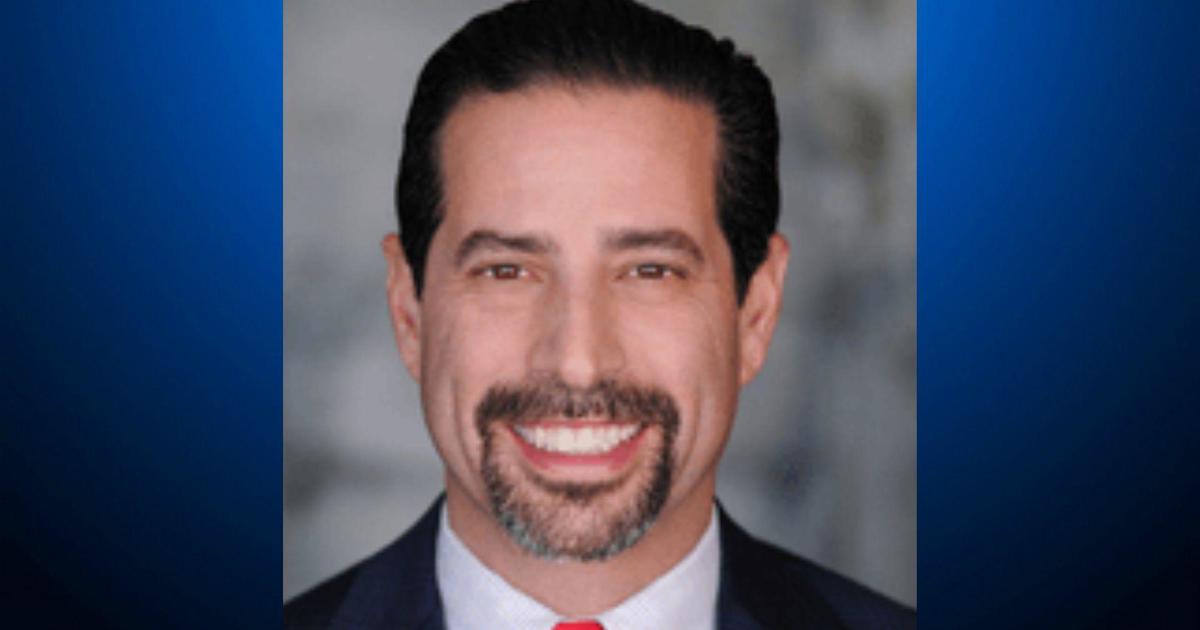As 2024 vote looms, San Francisco's AAPI vote flexes its muscle
Asian Americans make up 33.7 percent of the San Francisco population, but despite representing one third of the city, the AAPI community was never historically considered an important part of the political landscape, but that all changed in 2022.
Most political experts can't point to two specific issues that woke-up the entire voting block - the rise in AAPI Hate and education, and those seeking public office have taken notice.
Lily Ho, a community leader and president of the Delta Chinatown Initiative, said the shift was sparked because of the rise of AAPI hate, especially attacks on elderly seniors.
"It was anger. It was frustration, hopelessness. It was shock. Like, I how can this even happen," said Ho.
At the time, the Asian American community felt their concerns were being ignored by then District Attorney Chesa Boudin, who they believed was not doing enough to protect them.
"We are talking about unprovoked, violent crimes on our most vulnerable community," said Ho. "And nothing was being done, so the community sent a message."
And in June of 2022, the power of the Asian vote led the charge at the ballot box to recall Boudin from office.
But political arena saw the signs of a more engaged AAPI voting block earlier that year, when Asian Americans frustrated with the direction of San Francisco's education system sent a clear message by recalling three school board members.
"Education and public safety were two things that the AAPI community rallied behind," said Ho. "And what happened was we succeeded in winning historical recalls against four elected officials."
Han Li, who covers both the AAPI community and politics for the SF Standard, said the School Board and District Attorney recalls changed the political landscape, forcing city hall to take notice.
"This community has become increasingly outspoke and also influential politically. And all the candidates are seeking Chinese American Asian community support," said Li.
Today, you'll see Mayor London Breed and those looking to take her seat, from Daniel Lurie, Mark Farrell, Aaron Peskin and Ahsha Safai, attending Asian American functions, courting the Asian American vote. And behind the scenes, their campaign teams have become more diverse.
"It's very intentional," said Li. "They look for Chinese speaking staffers who are familiar with the community to do community outreach."
And other candidates have taken it even one step further.
"For example, Danny Sauter who is running for District 3 Supervisor, which includes Chinatown, he has been learning Cantonese for years, and now in some campaign events or political debate he is showing off his Cantonese speaking skills," said Li.
As for Lily Ho, working to help organize the AAPI vote turned into an awakening of her own. This past March, she recently won an elected position of the Democratic County Central Committee.
She said, while the power of the Asian vote has flexed its muscle, there is still more untapped influence within the community.
"There are still a lot of voters in the AAPI community that aren't engaged, that aren't voting, that aren't registered to vote," said Ho.
